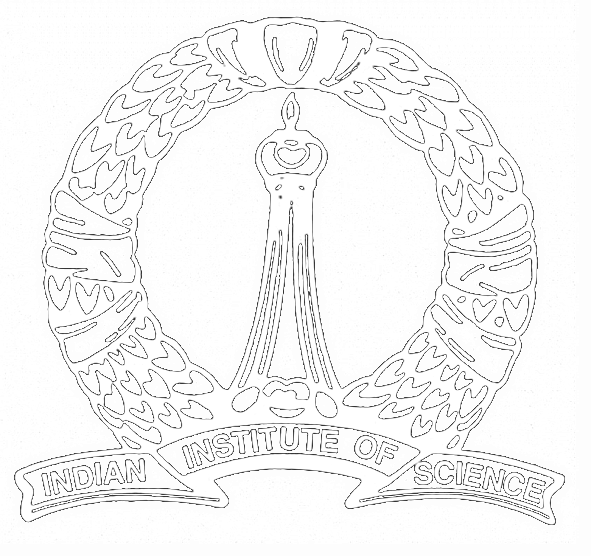Number Theory Seminar
Title: Sturm-type bound for square-free Fourier coefficients of Hilbert modular forms
Speaker: Rishabh Agnihotri (IISc)
Date: 21 September 2022
Time: 11.30 AM
Venue: LH-1
Hilbert modular forms are generalization of classical modular forms over totally real number fields. The Fourier coefficients of a modular form are of great importance owing to their rich arithmetic and algebraic properties. In the theory of modular forms one of the classical problems is to determine a modular form by a subset of all Fourier coefficient. In this talk, we discuss about to determination of a Hilbert modular form by the Fourier coefficients indexed by square-free integral ideals. In particular, we talk about the following result.
Given any $\epsilon>0$, a non zero Hilbert cusp form $\mathbf{f}$ of weight $k=(k_1,k_2,\ldots, k_n)\in (\mathbb{Z}^{+})^n$ and square-free level $\mathfrak{n}$ with Fourier coefficients
$C(\mathbf{f},\mathfrak{m})$, then there exists a square-free integral ideal $\mathfrak{m}$ with $N(\mathfrak{m})\ll k_0^{3n+\epsilon} N(\mathfrak{m})^{\frac{6n^2 +1}{2}+\epsilon}$ such that $C(\mathbf{f},\mathfrak{m})\neq 0$. The implied constant depend on $\epsilon , F.$
- All seminars.
- Seminars for 2022
